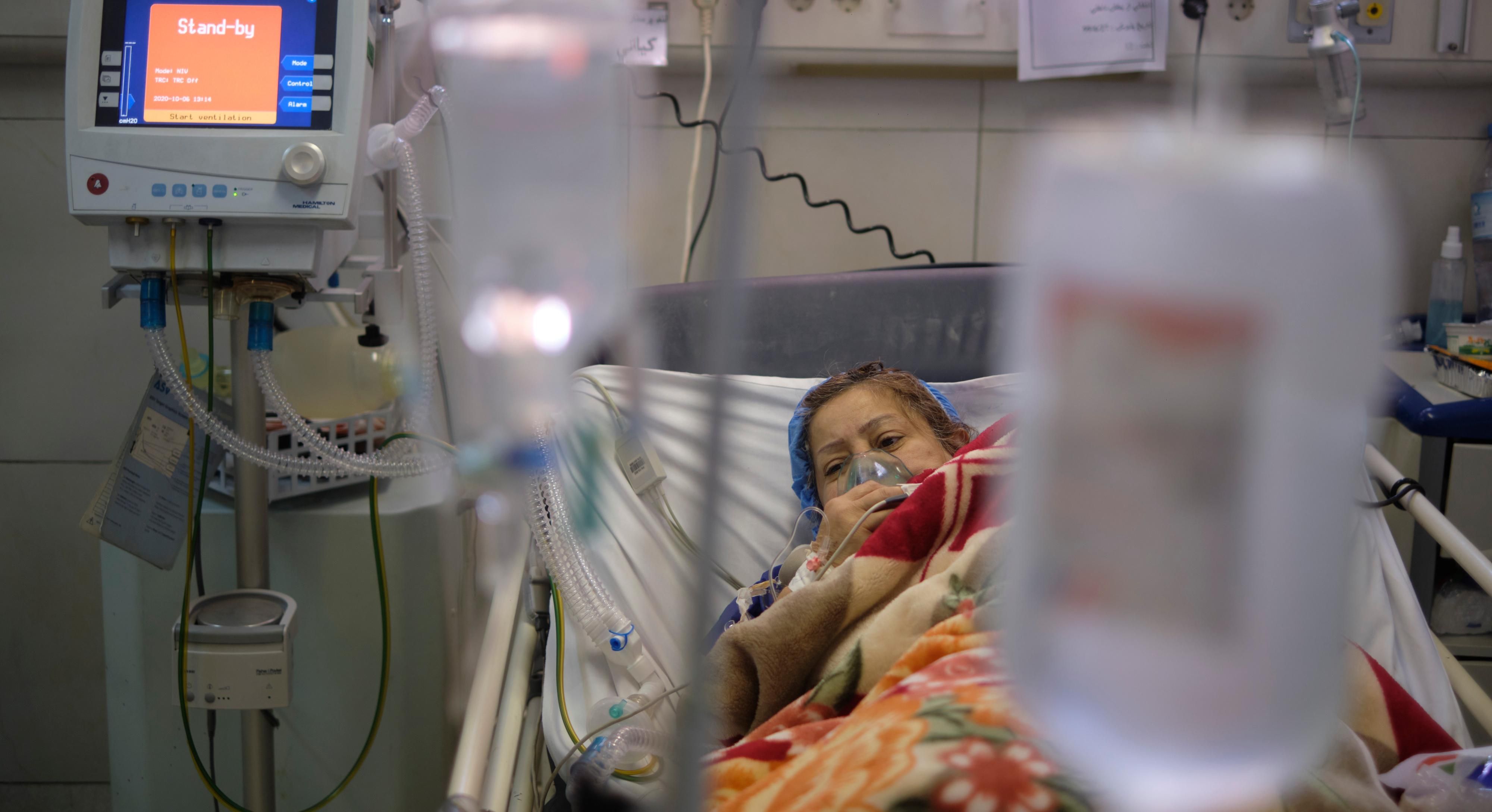
On his first day in office, President Joe Biden issued a national security directive to review the impact of sanctions on the global response to COVID-19, with an eye towards offering sanctions relief. Nearly five months later, the first concrete steps have been taken: the Treasury Department issued general licenses on June 17 to facilitate the purchases and delivery of vaccines and medical supplies to Iran, Venezuela, and Syria.
Supporters of sanctions argue that humanitarian aid is exempt, but just prior to the issuance of the license, Venezuelan authorities warned that their final payments to COVAX had been blocked by a Swiss bank. The Iranian government has been making similar claims since December 2020. Financial institutions and other companies, fearful of inadvertently violating U.S. sanctions, often freeze even the most innocuous of transactions and have little incentive to work with sanctioned countries.
“The devastation and suffering unleashed on Venezuelans and Iranians as a result of U.S maximum pressure sanctions has been unfathomable.”
As members of the Iranian and Venezuelan diasporas, we welcome President Biden’s decision to allow some medical supplies and COVID-19 vaccines into these three countries facing debilitating U.S. sanctions. However, this should be but the first step ending a policy that is tantamount to warfare and imposes collective punishment on innocent civilians. Life under sanctions is eerily similar to life under a pandemic. There are massive casualties, economic hardship and stress.
The devastation and suffering unleashed on Venezuelans and Iranians as a result of U.S maximum pressure sanctions has been unfathomable. The Congressional Research Services notes that “unilateral U.S. policies, such as oil sanctions, arguably worsened the humanitarian crisis in [Venezuela].” There, government oil revenues are down 99%, and the resulting economic disaster has impacted every aspect of life. A 2019 report by the Center for Economic and Policy Research found that the Trump administration’s sanctions inflicted “more than 40,000 deaths” in their first year alone. These aren’t merely abstract figures. The victims include Diego Arvelo, a one-year-old child who died in May. Fundalatin, one of Venezuela’s oldest human rights NGOs, said Diego was unable to get a liver transplant because the health program that would have covered it is blocked by the sanctions.
Iranians continue to suffer from the consequences of maximum pressure sanctions that have devastated the economy, paralyzing the poor and pushing the middle class into poverty. According to the Wall Street Journal economic sanctions led to an upsurge in unemployment and a depreciation in Iran’s currency, the rial by 80% against the dollar. The rising inflation in Iran, accompanied by dangerous rhetoric from U.S officials, makes it increasingly difficult for Iran to import essential medicine and medical equipment. A report from Human Rights Watch found that unilateral sanctions disproportionately impact Iranians with rare medical conditions such as epilepsy, leukemia, and those suffering with chronic eye injuries from exposure to chemical weapons used during the Iran-Iraq war. The report further notes that women have suffered severe complications after Caesarean section, performed under “non-standard” anesthesia, the only anesthesia available due to sanctions.
Economic sanctions are inconsistent with the rules-based order so frequently touted by Secretary of State Antony Blinken. In using them as leverage in negotiations between the U.S. and both Iran and Venezuela, the United States betrays the values it purports to uphold. United Nations Special Rapporteur Alena Douhan visited Venezuela earlier this year and wrote in a preliminary report that the sanctions on Venezuela undermine “the enjoyment of many human rights, including the right to a decent life… while low-income people, women, children and people with special needs or chronic or severe diseases are affected most.” Her predecessor, Idriss Jazairy, similarly expressed concern over sanctions on Venezuela and Iran, and criticized the United States for using “its dominant position … to cause economic hardship to the economy of sovereign States [which] is contrary to international law, and inevitably undermines the human rights of their citizens.”
As the Biden administration conducts its review of sanctions, the clock is ticking for millions of people suffering from these callous policies in Iran, Venezuela, and elsewhere. While we appreciate the administration’s distribution of minimum medical aid to a few sanctioned countries, the broader concern is the President’s power, under the 1976 International Emergency Powers Act (IEEPA), to impose unilateral sanctions without Congressional approval. These sanctions violate international treaty obligations while single-handedly destroying millions of lives across the globe.
To End Collective and Cruel Punishment, Biden Must Go Further on Sanctions Relief
Source: Articles Viral Post

0 Comments